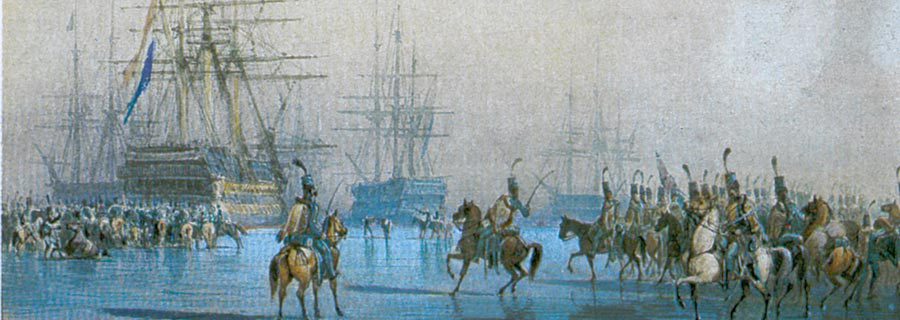10 Innovations Used During the American Civil War (1861-1865)
1: Spy Balloons
These were used primarily by the North. Balloons holding up to 5 men spied on enemy formations during battles. Part of a battlefield commander’s strategy was keeping his reserves and counterattack elements hidden from enemy view either by using natural topographical features, such as hills or patches of woods, or placing them behind other units. The balloonists were often able to see them and signal their positions to their own forces. They also acted as forward observers to direct artillery fire. Hydrogen and natural gas were used as lifting agents. The USS George Washington Parke Custis was a coal barge the North converted into a balloon boat, effectively making it the world’s first ‘aircraft carrier.’







